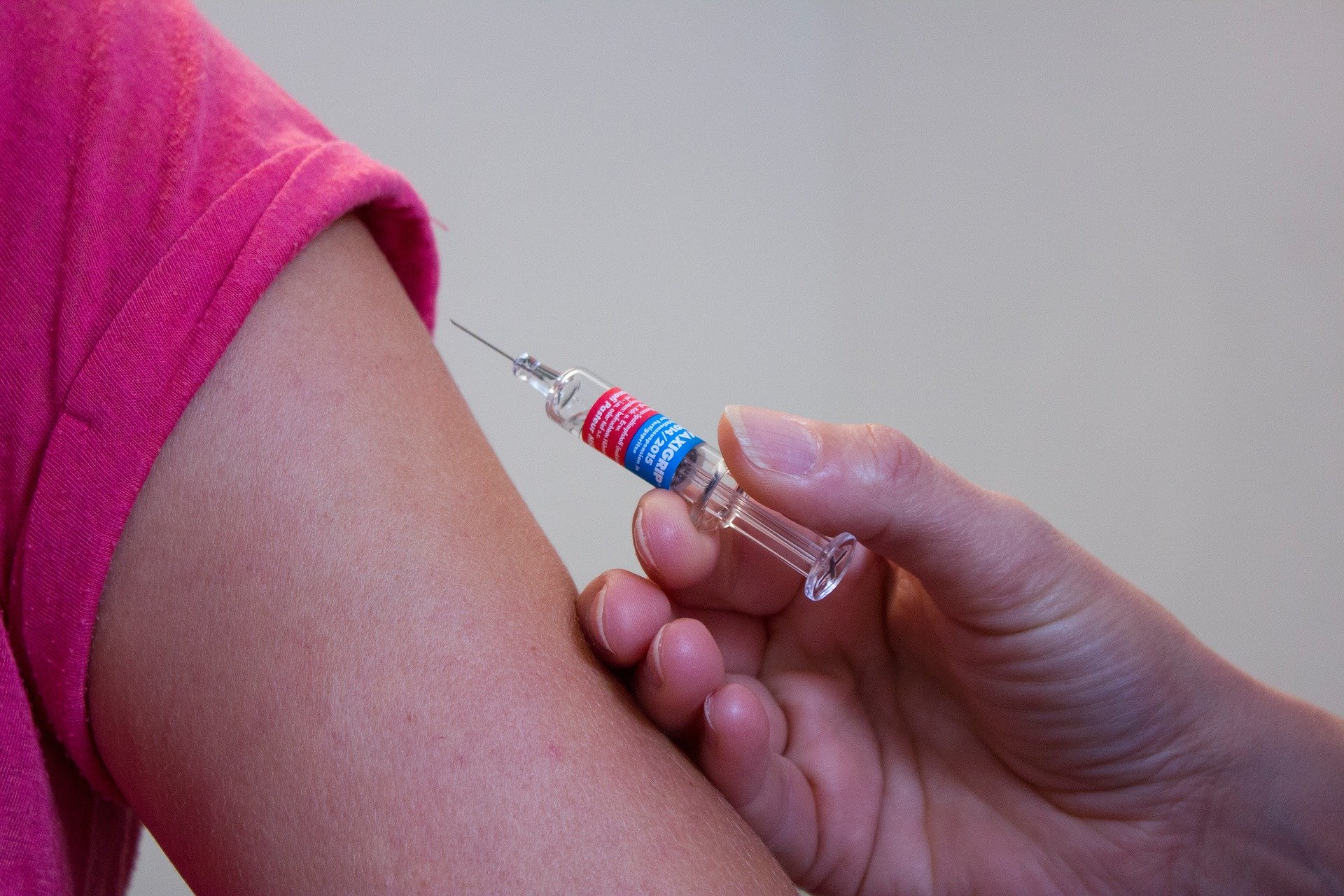Another experimental covid-19 vaccine has shown promising early results

The news: An experimental covid-19 vaccine being developed by Pfizer and BioNTech provoked immune responses in 45 healthy volunteers, according to a preprint paper on medRXiv. The levels of antibodies were up to 2.8 times the level of those found in patients who have recovered. The study randomly assigned 45 people to get either one of three doses of the vaccine or a placebo. But there were side effects like fatigue, headache, and fever—especially at higher doses. The researchers decided to discontinue with the highest dose, 100 micrograms, after the first round of treatments.
Some caveats required: It’s promising news,but this is the first clinical data on this specific vaccine, and it hasn’t been through the process of peer review yet. Higher antibody levels in patients who’d received the vaccine are a useful proxy for immunity to covid-19, but we don’t yet know for sure that they guarantee immunity. In order to find out, Pfizer will start conducting studies in larger groups of patients, starting this summer. It says its goal is to have 100 million doses of a vaccine available by the end of 2020.
A common approach: Pfizer is using the same experimental technique as Moderna, one of the other pharmaceutical companies developing a vaccine. Both vaccines are designed to provoke an immune response against the coronavirus through its messenger RNA, the genetic instructions that tell the virus how to replicate inside the host. The method could provide a rapid way to develop a vaccine, but it’s yet to lead to a licensed one for sale. Currently, 178 vaccines are in various stages of development; 17 are now going through clinical trials.
Deep Dive
Biotechnology and health
How scientists traced a mysterious covid case back to six toilets
When wastewater surveillance turns into a hunt for a single infected individual, the ethics get tricky.
An AI-driven “factory of drugs” claims to have hit a big milestone
Insilico is part of a wave of companies betting on AI as the "next amazing revolution" in biology
The quest to legitimize longevity medicine
Longevity clinics offer a mix of services that largely cater to the wealthy. Now there’s a push to establish their work as a credible medical field.
There is a new most expensive drug in the world. Price tag: $4.25 million
But will the latest gene therapy suffer the curse of the costliest drug?
Stay connected
Get the latest updates from
MIT Technology Review
Discover special offers, top stories, upcoming events, and more.